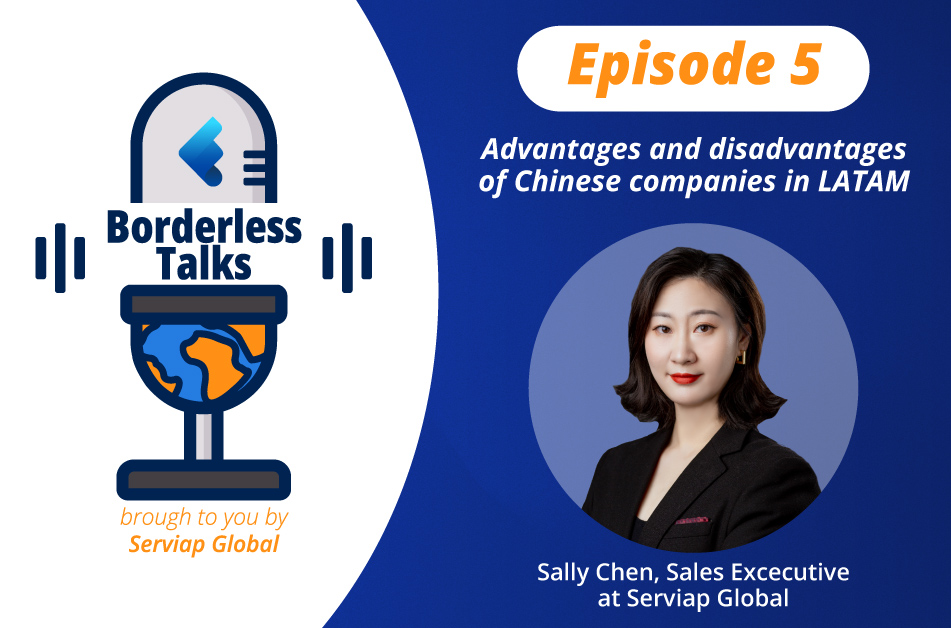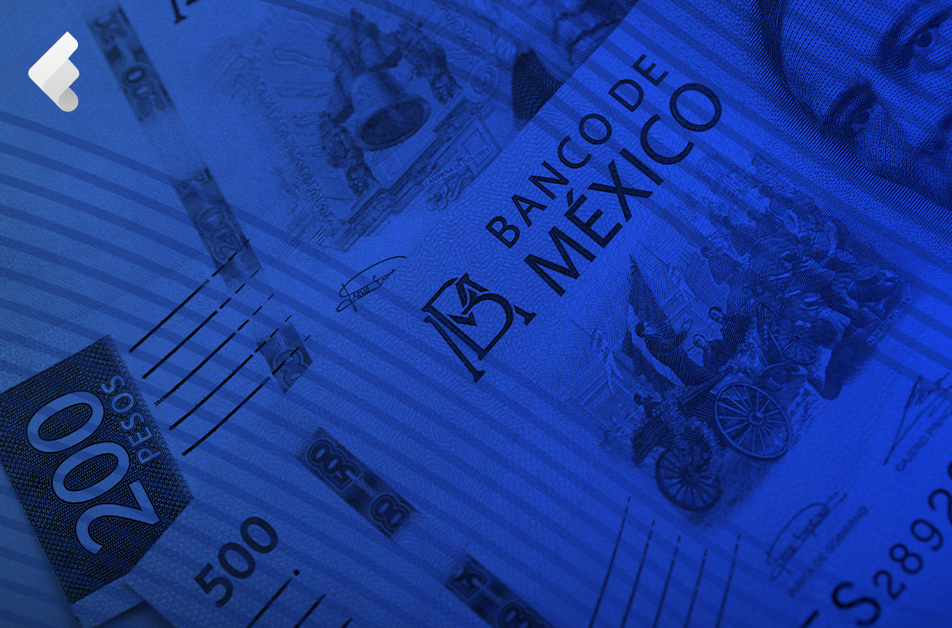Table of Contents
Vietnam has experienced major economic growth over recent decades, with the government making significant investment in the modernization and growth of its most important sectors: agriculture, manufacturing, and mining.
This formerly insular Southeast Asian nation is also home to a deepening pool of highly educated talent available at competitive rates, making hiring through an EOR in Vietnam an excellent choice for companies looking to establish a presence in the region.


An employer of record (EOR) hires international professionals on behalf of other companies, overseeing their payroll and administration as part of the service, while also guaranteeing compliance with local regulations.
When you hire people through an EOR in Vietnam, they effectively operate as your team members, reporting directly to you. Meanwhile, the provider makes sure that the likes of leave allowances and statutory bonuses are offered in accordance with local laws.
SEE ALSO: Call center outsourcing: 5 great destinations to consider
Because those professionals are officially contracted by your EOR in Vietnam, you don’t need to set up an local entity or subsidiary, meaning that you can avoid a complicated process, while you can also have team members in place in little more than the time it takes to find good candidates — something your EOR will also be able to help with.
Contact us if you want to hire top talent in Vietnam, or elsewhere.
EOR in Vietnam: country overview
Vietnam is located on the eastern edge of the Indochinese Peninsula, sharing borders with China, Laos, and Cambodia, and offering direct shipping access to the Gulf of Thailand and South China Sea.
Vietnam is a densely populated country, with more than 97.4 million people distributed over a territory of 331.3 square kilometers. Much of the population lives in rural areas, including northern and central mountainous regions, the coastal plains, and near the Mekong River delta.
In Vietnam, more than 94% of the inhabitants are literate and languages such as Chinese, French, and English are widely spoken, in addition to the official language, which is Vietnamese.


Ho Chi Minh City is the most populous city in Vietnam and its financial center. Previously named and still widely referred to as Saigon, it is the home to many companies, banks, universities and colleges, a boasts a developed health system, a civilian and military airport, and a good road system.
Hanoi is the capital of Vietnam and second largest city in the country. With more than 1,000 years of history, it is characterized by its new skyscrapers and industry, with major industries including the manufacturing of tools, chemicals, and handicrafts, among other products.
The Vietnamese market at a glance
After their independence from imperial China, the Vietnamese were colonized by the French, experienced Japanese occupation during World War II, and went through a war against the United States, that ultimately ended in the country being reunified.
These war conflicts resulted in a slow insertion of the country into the world economy. However, in the mid-1980s, Vietnam initiated the Doi Moi, a complete reform program encompassing the economy, politics, culture, and education, among other vital sectors.
Vietnam has been slowly transitioning to an open economy ever since and has begun building diplomatic relations and attracting capital mostly from neighboring countries such as South Korea, China, and Singapore.
It also has the presence of American, British, and Australian investors, to mention the strongest economies in the territory, so looking for an EOR in Vietnam to recruit personnel will not be complicated.
The country has worked to recover and expand its most important sectors: agriculture, industry, and mining. Thus, the main crop of this country is rice, while its most extracted metals are bauxite, vital in the production of aluminum.


Thanks to its attractions, such as the Mekong Delta, Ha-Long Bay, and the old town of Hoi An, the tertiary tourism sector is also on the rise, with more than 15 million visitors yearly.
To boost the local economy, Vietnam has facilitated the creation of small and medium-sized enterprises, which account for about 98% of all businesses in the country. Many of these ventures from IT, food technology, artificial intelligence, business solutions, and FinTech sectors are looking for international investors for further growth.
Reasons to hire professionals in Vietnam via an EOR
Expanding your business in Southeast Asia and acquiring highly skilled local staff can be easier when you work with an EOR in Vietnam, a company that recruits and manages personnel in this territory on your behalf and in compliance with regulations stipulated by the Vietnamese Ministry of Labour.
An EOR in Vietnam has established legal entities, making it an agile solution in your global talent acquisition strategy. Before making a significant investment of resources, you can try your luck in this or any other territory where the employer offers services.
When you work with a registered employer, you don’t have to open a representative or subsidiary office to recruit and manage staff in Ho Chi Minh City or any other major Vietnamese city, as an EOR in Vietnam will do for you.
Thanks to its recruitment networks with trained professionals, the EOR in Vietnam streamlines talent search. Thus, you can incorporate them into your organization in weeks and assign the first tasks to your new workers in this Asian territory.
Besides assuming the legal responsibility of hiring and taking care of all the bureaucratic procedures, an EOR in Vietnam manages your human resources, such as payroll management, tax payments, vacations, employee benefits, and the termination of their contracts.
As an expert in Vietnam’s labor and tax regulations, working with an EOR in Vietnam helps you stay compliant and minimize any risks involved in international recruitment that could mean fines and termination of operations, such as misclassification of your employees.
The EOR in Vietnam also has extensive knowledge of the local market, so they can inform you of cultural differences, traditions, and important festivities and advise you on the diversity in this territory that can benefit your team.
Working with an EOR in Vietnam not only helps you learn about this market and its potential but also regarding neighboring nations, such as Cambodia, Thailand, and Laos, where you may have opportunities for future expansion.
EOR in Vietnam: local regulations
Employment contracts: in Vietnam, there are two types of agreements, definite term contracts, which can be for up to 36 months, and indefinite, which do not have a specific duration. Both must be written in Vietnamese, although foreign companies may have bilingual contracts.
Working hours: Vietnamese work a maximum of 48 hours per week, although the government encourages companies to reduce the working week to 40.
Salary: companies wishing to hire employees through an EOR in Vietnam should consider that there are two types of minimum wages: basic and regional. The former corresponds to the salary of state employees and is VND1,490,000, about US$63. Regional salaries are four and range from VND3,250,000 to VND4,680,000, approximately US$137 to US$198.
Tet Bonus: employers usually pay a bonus according to the employee’s performance, which generally corresponds to one month’s salary yearly.
Vacations and public holidays: employees are entitled to 12 days of vacation per year; after five years in the same company, they are allowed an extra day. There are 11 public holidays including International Labor Day, Independence Day, and Hùng Kings’ Temple Festival.
Health insurance: health insurance is mandatory and must be provided by employers to all workers. Employers contribute 3% of salary for this and 17.5% for other social security provision. Worker’s contribution is 1.5% of salary.
Sick leave: Sick leave is provided depending on the type of contract, but an employee always has the right to be absent if they are ill or need to care for someone under seven with a medical condition.
Maternity and paternity leave: mothers are entitled to four to six months of maternity leave, while fathers have 5 to 14 days available.
Taxes in Vietnam: Vietnam’s general corporate tax rate is 25%. Depending on the project, companies operating in the oil and gas and other natural resources sectors range from 32% to 50%.
Additional benefits: companies can also provide their employees in Vietnam with vacation bonuses, allowances, transportation, clubs memberships, life insurance, and other expenses.
EOR in Vietnam: 6 steps to recruit staff
If you are planning on hiring professionals via an EOR in Vietnam, you will need to go through the following six steps:
1) Find an EOR in Vietnam
To hire qualified workers to help you achieve your expansion goals in South Asian territory, you must first find an EOR in Vietnam with a good track record that understands your staffing needs, offers significant services, and fits your budget.
2) Define your hiring requirements
Expanding into Vietnamese territory will be easier if you determine the roles and responsibilities of the personnel you need to hire in this country. To do so, you should be clear about the knowledge, skills, and experience they should have. These specifications will facilitate the work of your EOR in Vietnam in its search and recruitment of the best talent.
3) Make a preliminary selection
The recruitment networks of the EOR in Vietnam will speed up the recruitment process because, once your company’s vacancies are published, the resumes and cover letters will not take long to arrive. The employer will make a preliminary selection of the profiles that best meet the requirements you set.
4) Start initial and in-depth interviews
Once the strongest candidates have been selected, your EOR in Vietnam will proceed to initial interviews. The top performers will continue the process in in-depth interviews to prove that they have the knowledge and skills outlined in their resumes. The best applicants will be considered for the international team.
5) Send job offers
As the legal employer, an EOR in Vietnam will send the job offers to the selected candidates, negotiate with them if necessary, and sign the corresponding contracts, either as full-time employees or international contractors. These agreements will set out salaries, benefits, working hours, and anything specified by Vietnamese labor law.
6) Initiate employee onboarding
While your EOR in Vietnam handles the administrative tasks of managing your human resources, you can begin onboarding your new workers. This process includes letting them know their rights and responsibilities and sharing any information or equipment to perform their duties.
Alternatives to hiring via an EOR in Vietnam
If your expansion project in Vietnam is long-term, you need a considerable number of employees, and have the resources to move a significant part of your operations to this country, the best thing to do is to open a legal entity.
However, suppose you find this alternative more profitable than retaining the assistance of your EOR in Vietnam. In that case, it can be time-consuming and complicated, especially if you are not an expert in the local market and the labor and tax laws are difficult to understand.
There is also the option of direct hiring of local professionals, something that an EOR in Vietnam can offer you as part of its global talent acquisition services, which can facilitate your growth in this market.
But if you need personnel for a specific period or project, you can consider hiring international contractors: professionals with specialized knowledge, flexible hours, and who work for their own company, which is the one that sells their services to you. You will probably save a bit of money, although you should be aware that misclassification can lead to penalties.
In addition, independent contractors are covered by different laws than those that protect a full-time employee, so you must be careful not to infringe on their rights and enforce their obligations. To ensure compliance, work with an EOR in Vietnam to hire international contractors. These employers also offer this recruitment service, so legal protection is guaranteed.
Serviap Global can be your EOR in Vietnam
At Serviap Global, we have experience in the South Asian market, so we can be your EOR in Vietnam. We are specialists in international PEO / EOR services, so our solutions enable companies to hire the best people hassle-free.
We also offer assistance in employing international independent contractors for specific projects and global talent acquisition, in case you need to hire staff in Vietnam directly.
Contact us to find out how we can help you as your EOR in Vietnam and in more than 100 other countries around the world.
Use our risk calculation tool and avoid contractor misclassification. And if you want to get an idea of total payroll costs in Vietnam and other territories, check out our salary paycheck calculator.






























